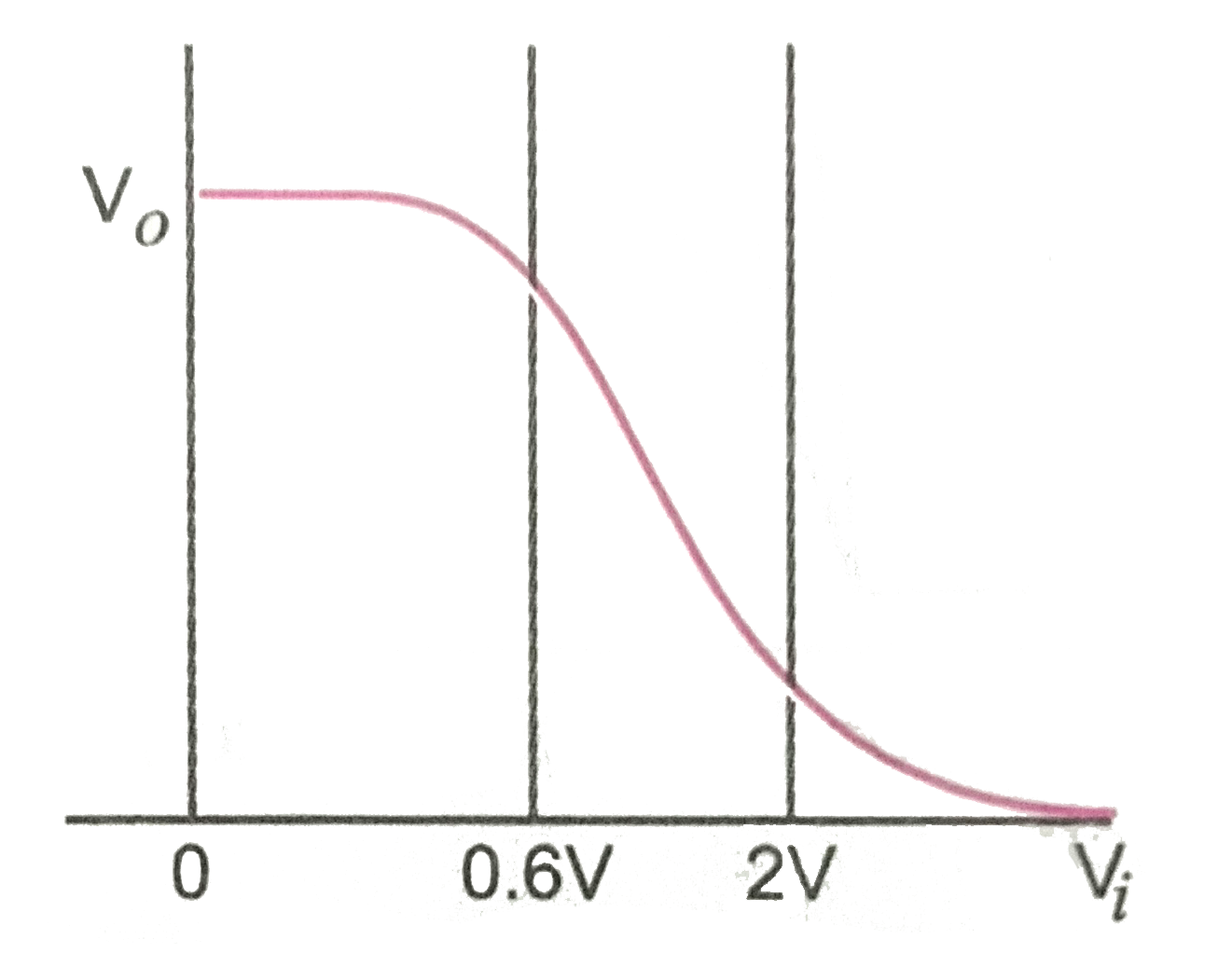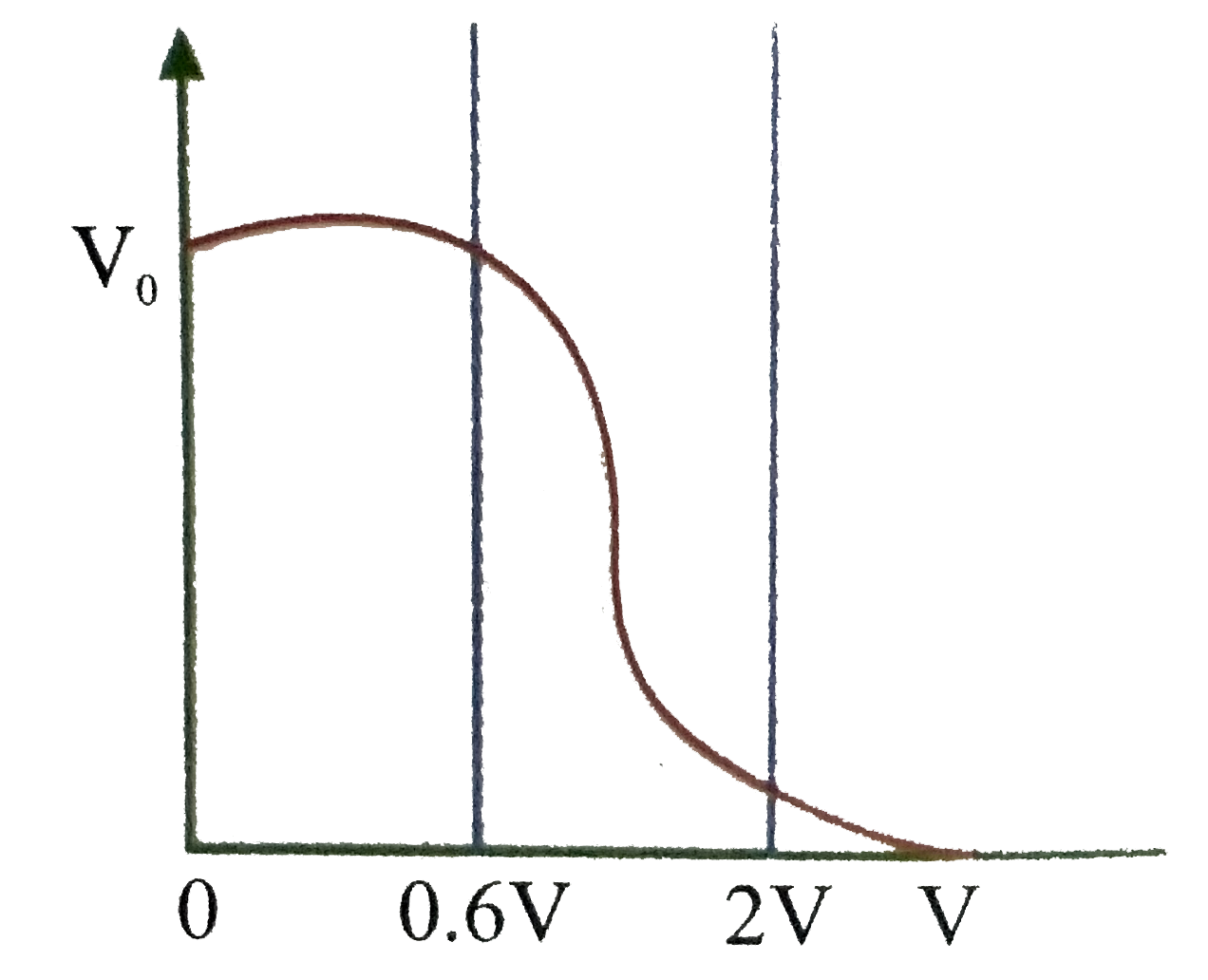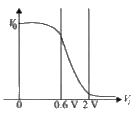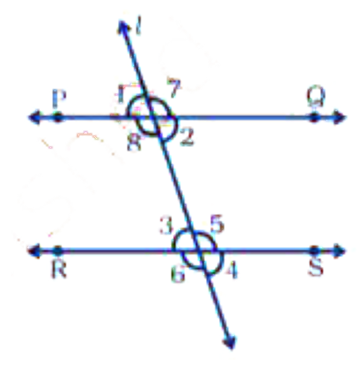Fig.shows that transfer characteristics of a base biased CE transistor. Which of the following statements are true?

At Vi=0.4V, transistor is in active state.
At Vi=1V, it can be used as an amplifier.
At Vi=0.5V, it can be used as a switch turned off.
At Vi=2.5V, it can be used as a switch turned on.
The correct Answer is:B, C, D
At Vi=1V, (which is between 0.6 and 2 V), transistor is in active region, it can be used as an amplifier. At Vi=0.5V, it can be used as switch turned off because of cut off region.
At Vi=2.5V, the collector current becomes maximum and transistor is in saturation state and can be used as switch as turned on.
Topper's Solved these Questions
- SOLID STATE ELECTRONS BOOK - MTG-WBJEECHAPTER - SOLID STATE ELECTRONS EXERCISE - WB JEE Previous Years Questions (CATEGORY 1 : Single Option Correct Type)
15 Videos
- SOLID STATE ELECTRONS BOOK - MTG-WBJEECHAPTER - SOLID STATE ELECTRONS EXERCISE - WB JEE WORKOUT (CATEGORY 3 : Single Option Correct Type)
15 Videos
- PARTICLE NATURE OF LIGHT AND WAVE PARTICLE DUALISMBOOK - MTG-WBJEECHAPTER - PARTICLE NATURE OF LIGHT AND WAVE PARTICLE DUALISMEXERCISE - WB JEE PREVIOUS YEARS QUESTIONS
15 Videos
- THERMODYNAMICSBOOK - MTG-WBJEECHAPTER - THERMODYNAMICSEXERCISE - WB JEE Previous Years Questions
12 Videos
Similar Questions
Knowledge Check
Figure shows the transfer characteristics of a base biased CE transistor. Which of the following statements are true ?

(A) At V1=0.14V transistors is in active state
(B) At V1=1V it can be used as an amplifier
(C) At V1=0.5V, it can be used as a switch turned off
(D) At V1=2.5V, it can be used as switch turned onAA,B,CBB,C,DCA,C,DDA,B,DThe transfer characteristics of a base biased common in the figure. Which of the following statements are true?
 AAt Vi=1V, it can be used as an amplifier.BAt Vi=0.5V, it can be used as a switch turned off.CAt Vi=2.5V, it can be used as a switch turned on.DAll of these
AAt Vi=1V, it can be used as an amplifier.BAt Vi=0.5V, it can be used as a switch turned off.CAt Vi=2.5V, it can be used as a switch turned on.DAll of theseFor transistor action, which of the following statements are correct ?
A(a) Base , emitter and collector regions should have similar size and doping concentrationsB(b) The base region must be very thin and lightly dopedC( c) The emitter junction is forward biased and collector junction is reverse biasedD(d) Both the emitter junction as well as the collector junction are forward biased
For transistor action, which of the following statements are correct ?
View SolutionWhich of the following is forward biased?
View SolutionWhich of the following is forward biased?
View SolutionThe transfer characteristics of a base biased transistor has the operation regions, namely, cutoff, active region and saturation region. For using the transistor as an amplifier it has to operate in the
View SolutionThe transfer characteristics of a base biased transistor has the operation regions, namely, cutoff, active region and saturation region. For using the transistor as an amplifier it has to operate in the
View Solution

